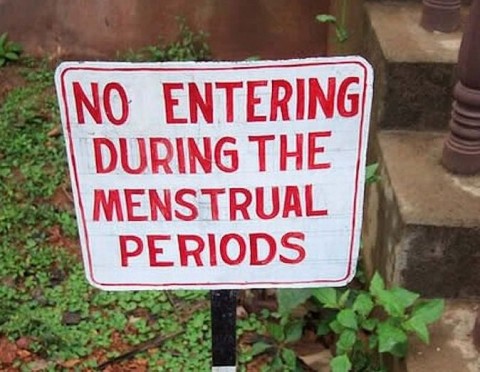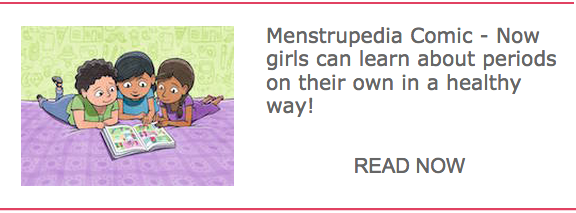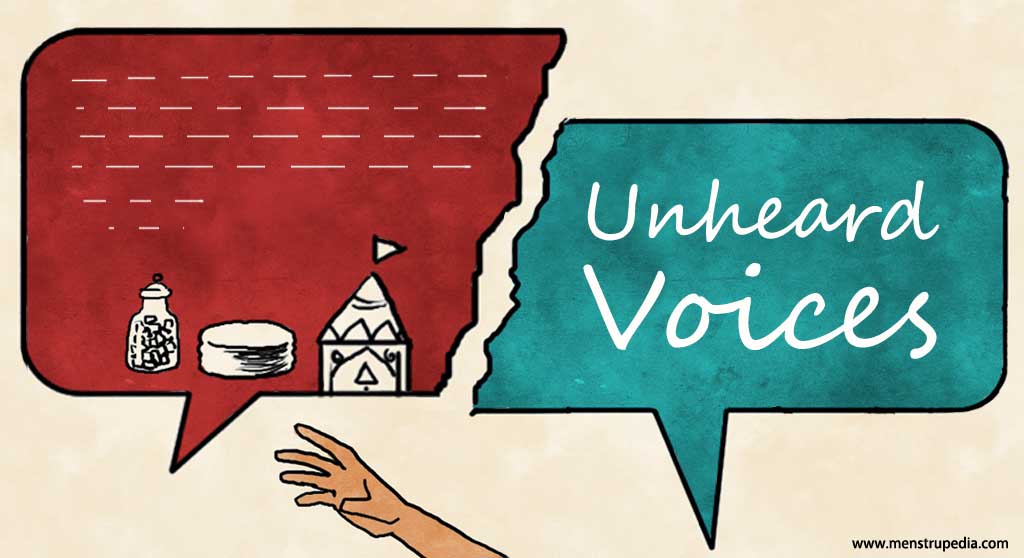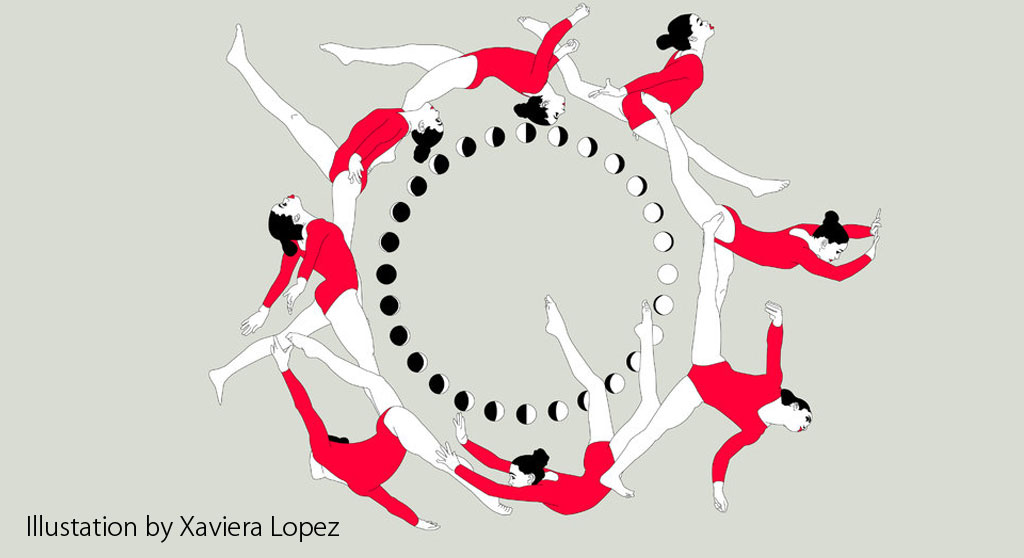I woke up in the morning, went to the washroom and found to my utmost shock that I was bleeding. Did I get injured? I asked myself. But it didn’t hurt. Was it blood cancer? I asked myself again. With all these thoughts, I ran to my mother and told her everything. She neutrally listened to me, went inside, and from a very secretive part of the closet took out a sanitary pad. She asked me to use it and told me that it was nothing that I needed to worry about. I remember, I didn’t even go to school that day and kept lying in my bed, crying and cursing the day. Today I want to ask myself again, “Was it to be cursed?” Clearly, no. That was a great day for me. I was after all embarking on womanhood.
Menstruation in our country has been surrounded by a culture of silence for ages. The topic has always been tabooed, whether you sit among the womenfolk of your community, or among your own family members. The onset of menstruation marks some very important physiological and emotional changes for a girl. Her body is ready to conceive and she starts to like mingling with the opposite sex, and wants to explore a whole lot of things. She often turns to her mother for the answers. But her mother, who does not really know better, either labels her as shameless or asks her to restrain herself and never bring such topics again in any discussion.
The scenario is even worse in villages. Menstruation is still considered to be a taboo there. The girl or woman who is menstruating is not allowed to enter the kitchen, or sometimes even her home. A lot of them are also kept in the cowshed as they are considered to be impure at that time. She is impure as well as dangerous, because she feels sexually aroused when she is menstruating and might make a man impure by approaching him. She is ritually impure too and therefore is not allowed to worship. Her impurity becomes the logic for all the inhumane treatment given to her. But, as it is the characteristic of a belief to be unswervingly accepted by our own system of beliefs, the women themselves don’t mind the same.
But thankfully, I am a privileged child, born in an urban setting, where the internet is readily available. I went to school and my biology teacher gave me a superficial knowledge about menstruation. But I pity those poor girls who never attended school, or had to drop out of school as soon as they attained puberty. I was also lucky because I could afford these expensive sanitary pads and never cared that my school uniform would get soiled. Unfortunately, some school-going girls cannot afford them. Forget about pads, they don’t even have access to toilets in schools and not even at home. How do you expect a girl to attend schools under such hostile conditions? They ultimately tend to miss school during those five days and then drop out in due course of time.
Another issue is her health that suffers due to poor hygiene practices. According to a latest report in a leading daily, only 12 percent of women use sanitary pads. The rest of the 88 percent either cannot afford it or are not aware of it. They rely on home-made pads, rags, unsterilized cloth or any other alternative available to them. There is nothing bad about using home-made pads or cloth. But the culture that has always been silent on the issues of menstruation, prescribes that such things should be kept a secret. So, these women use it and often dry them in some hidden places, away from everyone’s sight, and not in the sunlight. The damp cloth often results in infections that in turn affect her sexual health. And if that happens, she often does not have the option to tell anyone, consequently leading to the removal of her uterus in a lot of cases.
The silence surrounding menstruation has affected women in every way possible. The government aspires to have a healthy nation and empower the status of women as per the current Millennium Development Goals (MDGs). A lot of NGOs are also working to improve the overall health of the people. But none of the policy debates have ever included menstruation in their agenda. But it is to be hushed in the private as well as in the public sphere. The question is why? Is it really something different from the other processes of life? Well yes, it is the only thing that makes you a woman, blessed with the virtue of creating a new life. I have no qualms talking about my periods, for, I love to assert my womanhood.
This article was originally published here on Youth Ki Awaaz by Nidhi Khurana.







